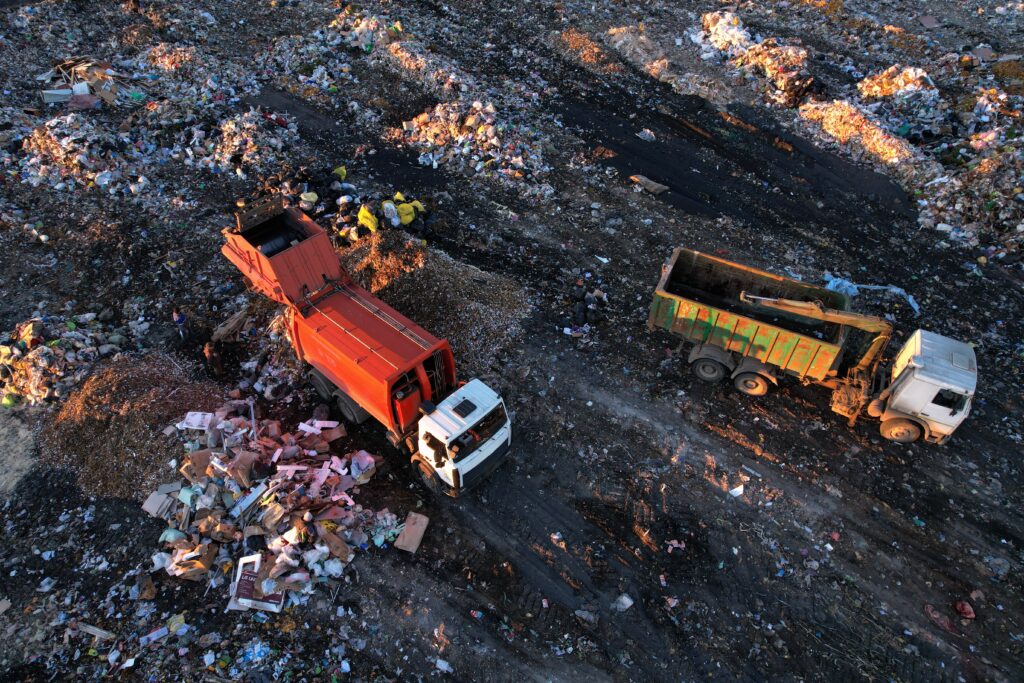This follows the ruling in May 2012, in which HMRC said that fines from recycling processes, grit and screenings would no longer be eligible for the lower £2.50 rate of landfill tax applied to inert material, and must be charged the full rate.

The draft guidance, which was published yesterday (September 10), provides a firm definition of which materials can be classed as naturally occurring and therefore subject to the lower tax rate, stating that soil substitutes and bricks are not eligible as they are man-made.
Clarifying what naturally occurring means, the HMRC states in the guidance: Group 1 of the 2011 Order allows the following waste materials to be lower rated: naturally occurring rock, clay, sand, gravel, sandstone, limestone, crushed stone china clay, construction stone, stone from the demolition of buildings or structures, slate, sub-soil, silt, and dredgings. Generally, these materials are formed by a natural process and are therefore naturally occurring.
The HMRC explains mechanical processing such as crushing and sorting does not affect this status but chemical or thermal processing does. It states: Mechanical processing such as crushing or sorting does not in itself affect the ‘naturally occurring’ status. Therefore waste containing only naturally occurring group 1 materials that have been crushed or sorted are still ‘naturally occurring’. However, chemical or thermal processing does affect the ‘naturally occurring’ status (but minerals that have been processed or prepared may qualify for the lower rate under Group 3 of the 2011 Order).
Evidence
The guidance outlines what evidence is required for landfill site operators to provide in order to qualify for the lower rate of tax. In order to apply the lower rate to qualifying material, the description on the waste transfer documentation must accurately record the composition of the waste consignment, setting out specifically which qualifying material, or mix of qualifying materials, is contained in the load or consignment.
Waste producers must also accurately describe the waste in a detailed manner including the type of premises it came from, the nature of the process used, the wastes composition and details of its hazards. To guide users, the HMRC has included a table which provides examples of acceptable descriptions.
The HMRC said it is currently considering industry proposals that landfill operators pre-acceptance and audit procedures in conjunction with LOI testing may provide evidence for the lower rate of tax in relation to certain types of waste.
Guidance on mixed loads of waste is also offered by the HMRC which states: “Under section 63(2) of the Finance Act 1996, HM Revenue and Customs can direct that where a disposal to landfill consists mainly of qualifying material(s), but includes a small amount of standard rated material, the whole load is taxable at the lower rate. Paragraph 4.3 and Figure 1 of this guidance is a direction under that law.”
However, it adds that whether an amount of standard rated waste is considered small depends on the circumstances.
The guidance is currently in draft format to allow time for feedback on its contents prior to formal publications. The closing date for comments is October 20 2013 with HMRC aiming to formally publish the guidance by November 11 2013.
Ruling
The changes followed a landmark case in 2008 involving HMRC v Waste Recycling Group (WRG). In the case, the court ruled that inert material brought onto site by WRG and used for temporary structures, such as daily landfill cover and site engineering purposes, was not liable for taxation as it had not been disposed of.
HMRC was ordered to pay back the tax to WRG, which paved the way for £300 million of further repayments.
Waste and recycling firms expressed particular concern over the rule change, with a number arguing that it would result in hundreds of thousands of pounds of extra costs, and that it could act as a disincentive to recycling.
FOR OTHER ARTICLES OF INTEREST REGARDING THE ISSUE:
Proposed landfill tax changes (April 2009)
Treasury set to return £300m in Landfill Tax (February 2010)
Landfill Tax changes send waves through industry (May 2012)
‘No more landfill tax refunds’ – HMRC (January 2014)







Subscribe for free